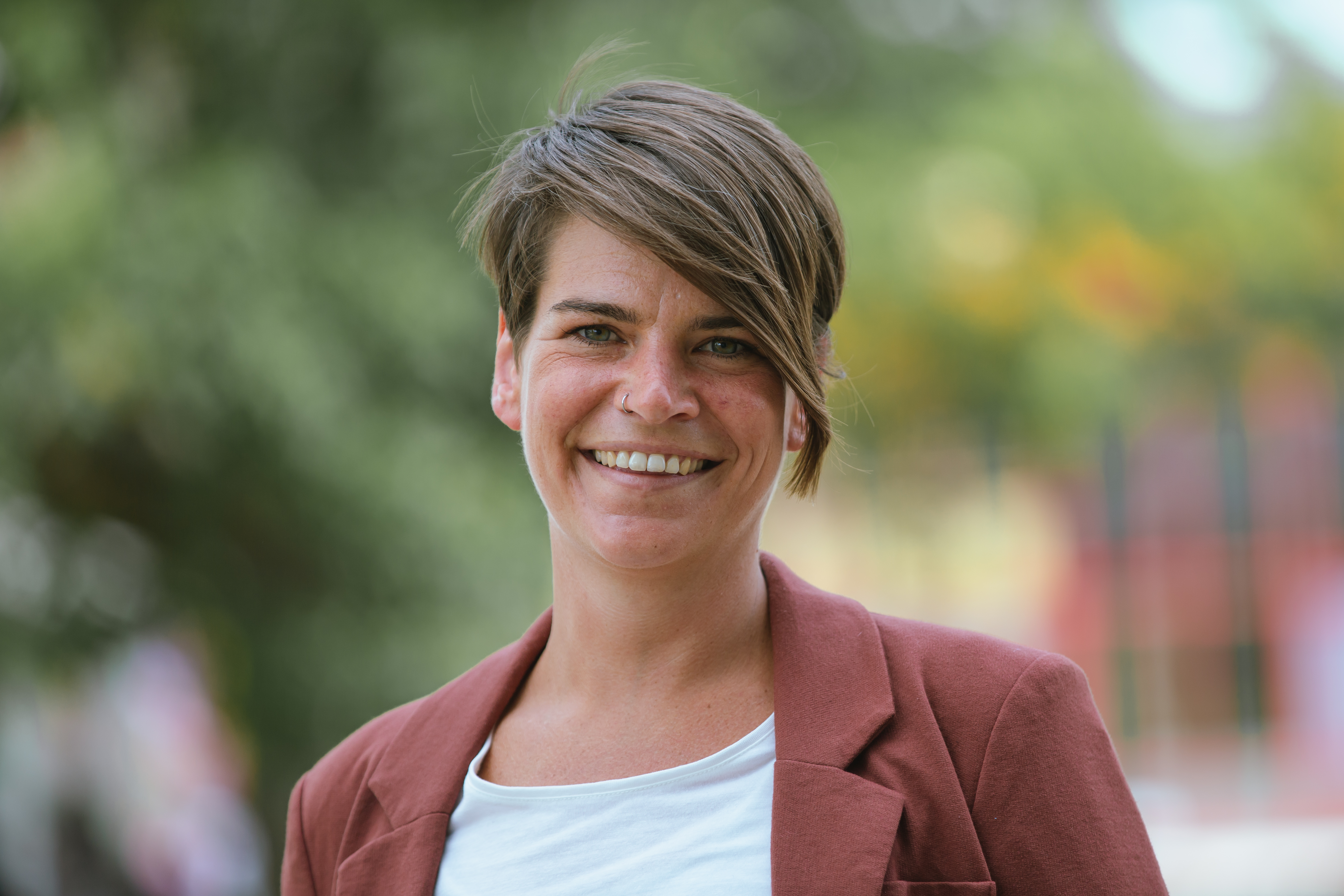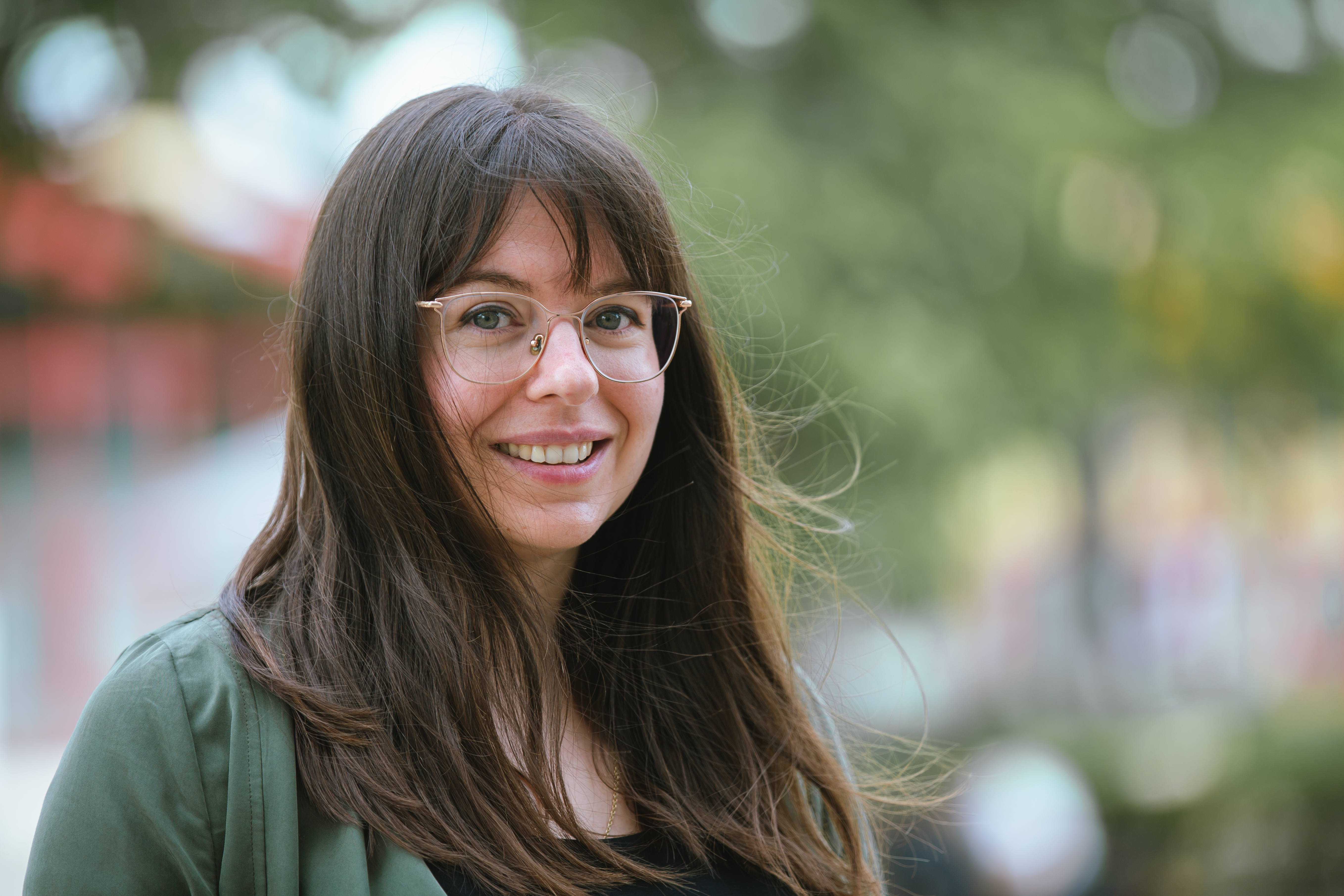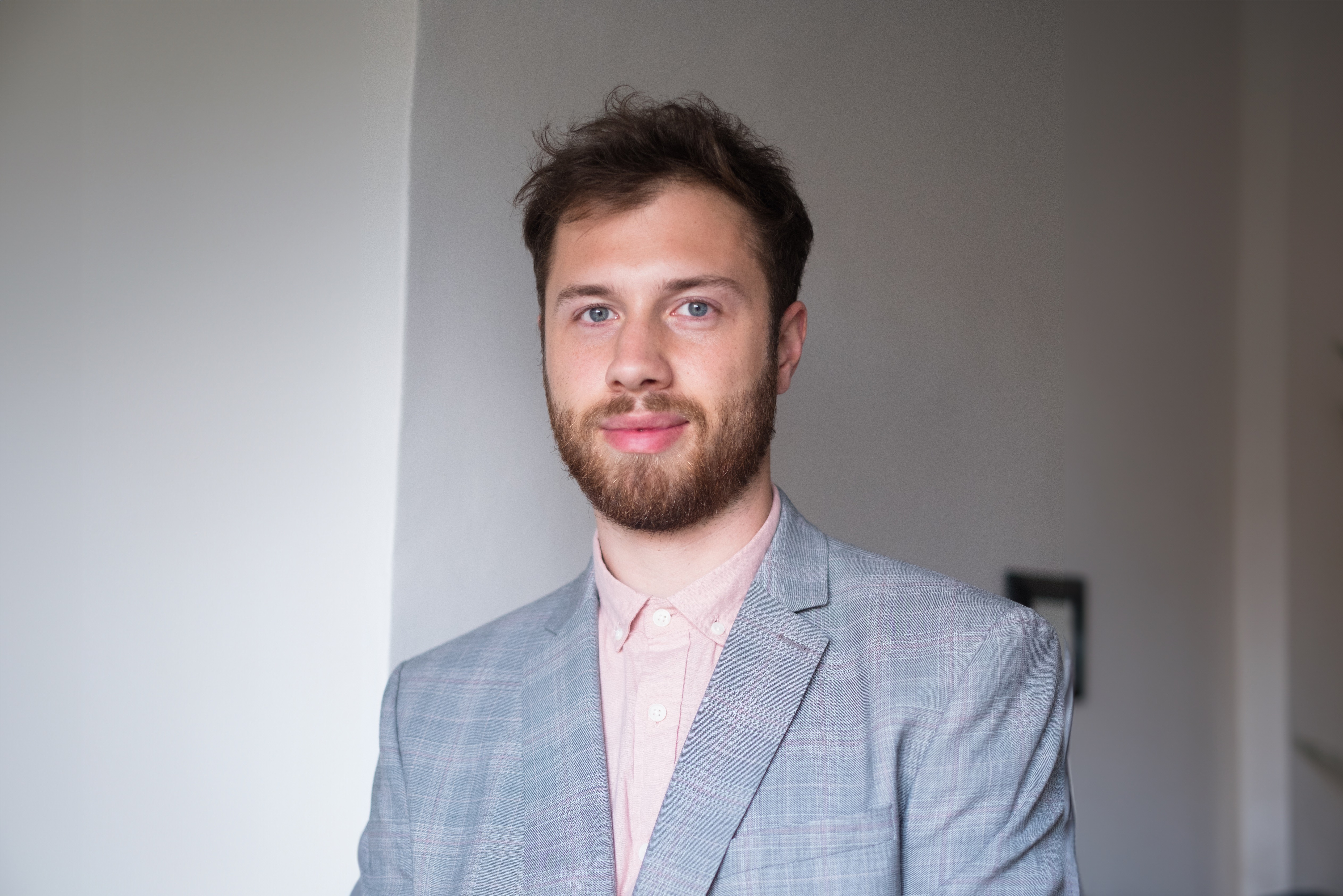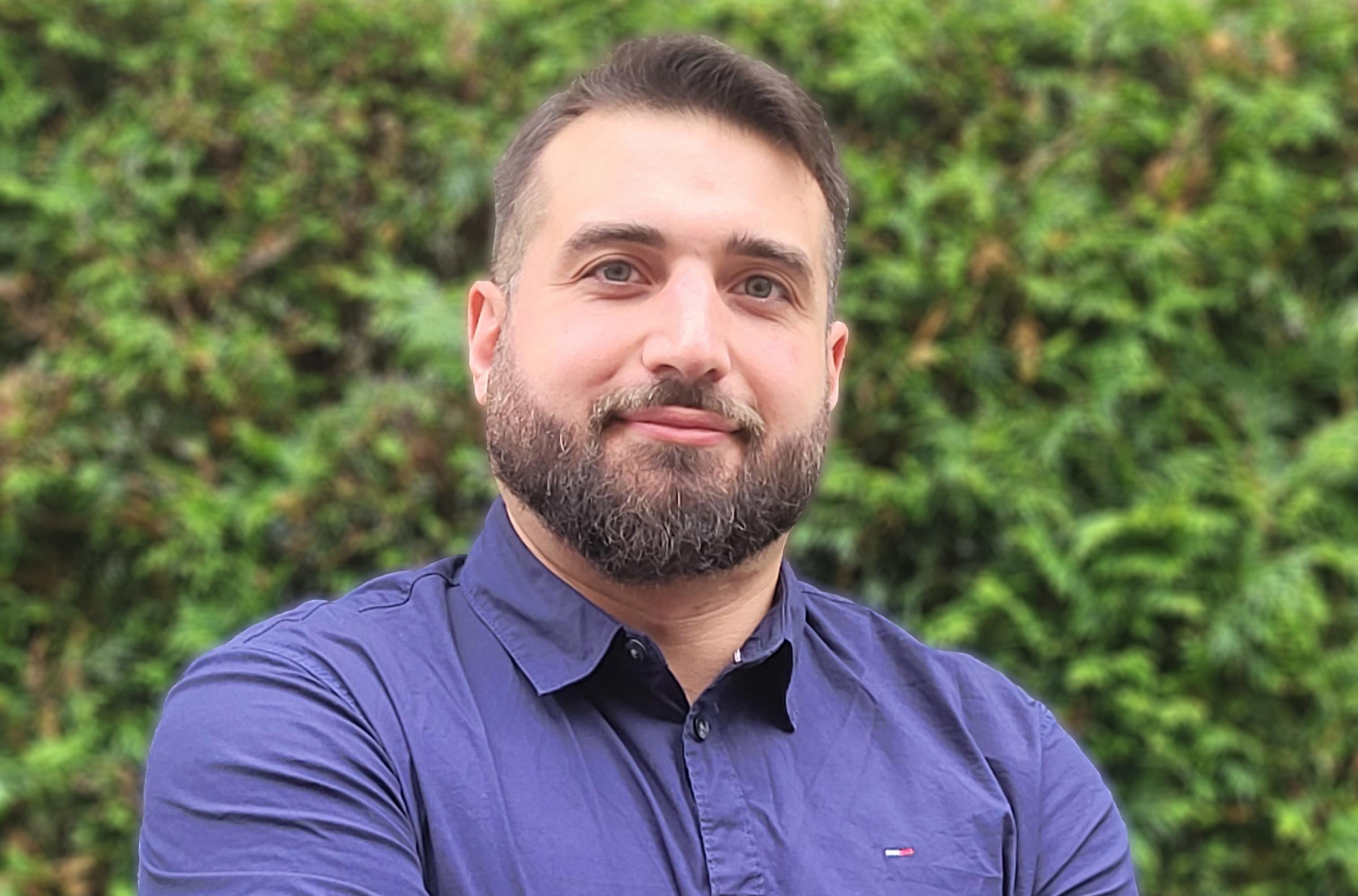About Us
The Migration Lab is a network of cultural and educational actors with a laboratory-like character. This is where science and practice meet in the context of theaters, museums, memorials, culture, civil society, and schools. All organizations deal with the pedagogical and artistic mediation of topics related to the migration society. They explore new, creative, and innovative ways to create a wide range of approaches to the diverse and complex phenomena of migration society, in order to address children, adolescents, and adults.
The main themes of the pedagogical and artistic concepts encompass narratives of migration, racism, anti-semitism, diversity and intersectionality, empowerment, history, language, religion, and pedagogical expertise.
The network partners are actively engaged in the development of educational media and best-practice concepts, presented in various formats such as radio recordings, images and graphics, videos and films, games and apps, literary texts, methods, and scientific contributions. This collection of multimedia media is curated, contextualized, and presented on migration-lab.net, ensuring that all resources are readily available in a digital format without any access restrictions.
Locate suitable material for your educational setting! Read supplementary texts for a more thorough understanding of the subject matter. Gain insights from others by utilizing the filter function and the watch list.
The Migration Lab engages in the exploration, discourse, and experimentation of various approches to effectively communicate the complex topic of migration. It serves as a catalyst for bridging gaps and designing interfaces, fostering connections between science and practice, art and criticism, pedagogy and culture, as well as analog and digital concepts.
Within Migration Lab, spaces are deliberately crafted for contemplation, exploration, and meaningful encouters, transcending both instutional and conceptual boundaries. The continual development of transdisciplinary and multiperspective approaches , coupled with professionalization efforts, serves to expand the underlying concepts
It is a digital space that creates connections: Get connected. Seek out organizations in your area. Participate in shaping the discourse. Utilize the network map for these purposes.
The Migration Lab Germany transfer project is crafted by a scientific team. The team advises project partners, organizes training series, collects and curates the educational media developed by the network organizations. The project is based at the Center for Educational Integration - Diversity and Democracy in Migration Societies of the University of Hildesheim (ZBI). Migration Lab Germany is funded by the Federal Government Commissioner for Migration, Refugees and Integration, the Federal Commissioner for Anti-Racism and the Federal Agency for Civic Education (bpb).
If you have also developed an innovative project in the realm of migration and migration society, we welcome your suggestions for inclusion on our platform We look forward to hearing from you.
Our Team
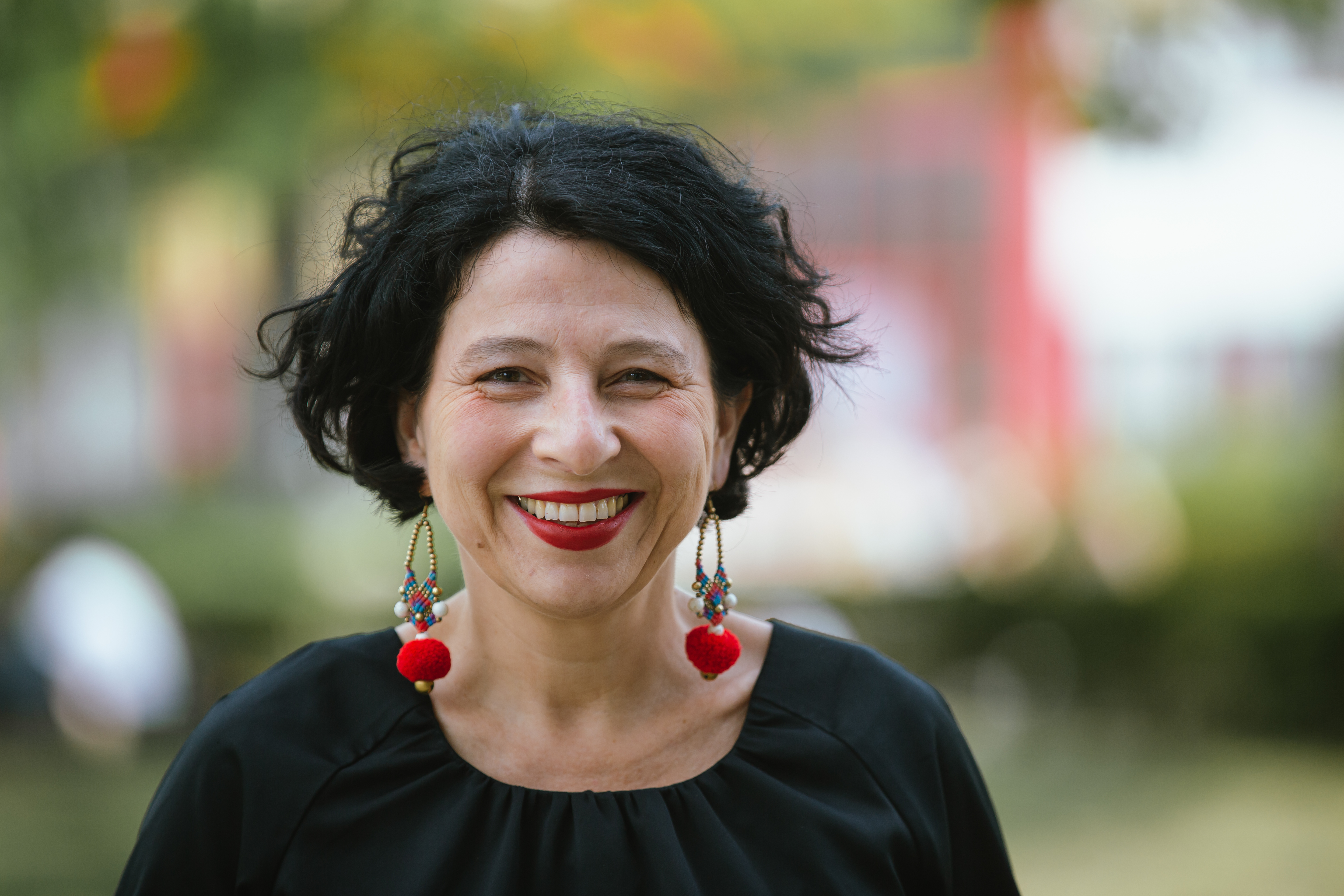
Show more Details
Thinking and reflecting about issues connected to migration in education and culture not only provides us with basic knowledge for living in a global world; it also helps us develop cross-border empathy and solidarity.
Prof. Dr. Viola B. Georgi holds the chair for Diversity Education at the University of Hildesheim in Germany. She is the founding director of the Center for Diversity, Democracy and Inclusion in Education at the University of Hildesheim. Her research is concerned with migration studies in Germany, Europe and North America. Georgi has extensive international research and teaching experience in the area of migration and diversity studies, among others at the University of Haifa (Israel), Sabanci University (Turkey), York University (Toronto, Canada), Uppsala University (Sweden), Cape Coast University (Ghana) and UCLA (USA). Her research and publications focus on global education, human rights education, diversity studies, citizenship education, memory studies, educational media and textbook analysis as well as intercultural school development and teacher education. She is a member of number of research commissions and boards and serves as an advisor in various government and civil-society initiatives within the field of migration and education as well as in migration policymaking in Germany (i.e. the German Council of Migration and the Expert Council of German Foundations on Integration and Migration). Recently she was appointed to the Germany’s Expert Council on Integration and Migration.
Migration is often intertwined with structures of social inequality. The Migration Lab Germany project aims to reduce these inequalities.
Nurten Karakas holds a degree in education and has taught on topics such as migration and education/educational inequality, diversity education and the critique of racism. She is the scientific coordinator of the Migration Lab Germany project and is responsible for monitoring the participating organizations and projects as well as the entire project management.
Emma Rehr is a migration educator (M.A.) and soon-to-be supervisor/coach (DGSv*). Her work focuses on the professionalization of actors and organizations operating in Germany’s “migration society.” As a lecturer, educational consultant, trainer and (online) consultant, Emma Rehr helps to shape interfaces between science and practice, between creativity and (racism) critique, and between culture and education.
Emma Rehr explores the issue of what professionals and organizations in education and culture need to do in order to remain capable of acting in a society shaped by migration discourses. How can power-critical attitudes be implemented in pedagogical and artistic practice? How can (creative) interventions develop (racism-) critical potential? How can resistance be carried out and structures disrupted?
In the Migration Lab Germany project, Emma Rehr is mainly responsible for the development of the digital media archive. In addition, she accompanies and advises on all processes involved in the project's activities.
After graduating from high school, Agata Wiezorek trained as a speech therapist and worked with a focus on children’s language, multilingualism and mutism. In the course of her professional practice, she became aware of the institutional disadvantages of children, at which point she started a bachelor's degree in special education and followed it up with the master's degree in educational science. Throughout her academic career, she has focused on diversity education and the representation of children in media. Since November 2017, she has been working on her PhD under Prof. Viola B. Georgi, investigating racializing practices of representation and differentiation in educational media of early childhood, including their historical transformations and continuities, drawing on the motif ‘Children of the World.’ She is currently active as a research assistant in the projects ‘Stories in Motion’ and ‘Migration Lab Germany’. Privately, Agata Wiezorek is passionate about dance and pop culture with a preference for diversity in games, literature, comics, board games and children's media.
Her role at Migration Lab Germany is editorial work. She develops criteria for the selection of media in order to make the polyphony of Germany’s migration society visible and audible in the archive.
Davide Torrente (er/ihm) is an educational and social scientist M.A. and has conducted research in various contexts on the intersectionality of educational processes at the intersections of racisms, migration, classism and sexism. As an educational scientist, he is particularly interested in the mutual interweaving of subject and society under (post)migrant and (post)colonial conditions and the possibilities of a resistant and self-empowering irritation of hegemonic power structures as a condition for success of educational processes and a significant resource of marginalized educational subjects.
Since the beginning of 2023, he has been a doctoral fellow in the doctoral program Intersectionality Studies at the University of Bayreuth, where he is dedicating himself to a participatory project looking at the sense of security of racially discriminated boys* and men* in the German migration society as well as the intersectional production of gender and age in social spaces.
Of particular importance to him is the co-design of and struggle for social(istic) spaces in which a productive connection between theory and practice of migration sensitivity and anti-racism, the creative elaboration of power-critical pedagogical and culture-creating formats, as well as work on structures of appreciation of post-migrant and post-colonial knowledge production can be realized.
At Migration Lab Germany he is responsible for social media, the upcoming podcast as well as the curation of educational media and network work
Hoang Duc Vu studies for his master’s degree in educational science with a focus on culture and media in educational processes at the Leibniz UniversitHanover. Prior to that, he graduated in psychology at the university of Hildesheim in 2022.
After his voluntary social year in 2018/19 he started to work voluntarily at several projects that deal with political education among juveniles. Within these projects, he started to plan and conduct workshops about the topics of racism and migration. His engagement, his studies and last bot not least his own biography led him to his interests that lie in the area of media and cultural psychology.
At Migration Lab Germany, Hoang Duc Vu is a student assistant mainly responsible for the website and the media.
Sinan Beden is a bachelor's degree student majoring in History and English with a teaching option. Additionally, he attends a DaZ (German as a Second Language) seminar to further his education. Prior to his studies, he worked as an event manager and F&B (Food and Beverage) manager. Due to his prior experiences, he provides support for Migration Lab Germany in Migration LiVe and event organization.
Our partners in the U.S.
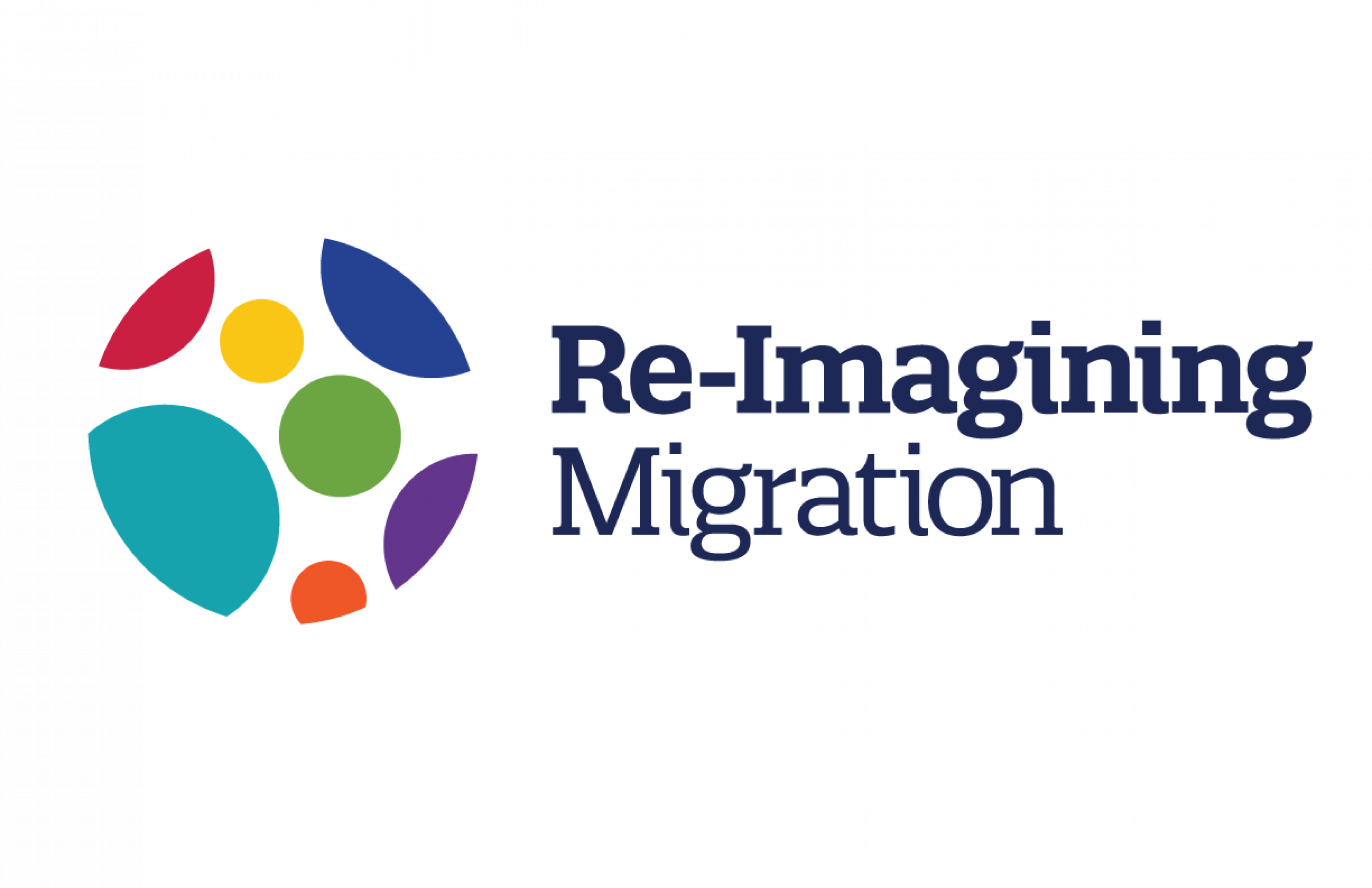
Re-Imagining Migration (RIM) is a U.S. non-profit organization that addresses the issue of migration with the aim of transferring relevant research into various fields of action in education and culture (schools, museums, etc.). In order to optimize this transfer, there is close interdisciplinary cooperation with relevant practitioners, institutions and networks, as well as scientific support from the Faculty of Education at Harvard University in Cambridge, USA.
Learn more about RIM: https://reimaginingmigration.org

